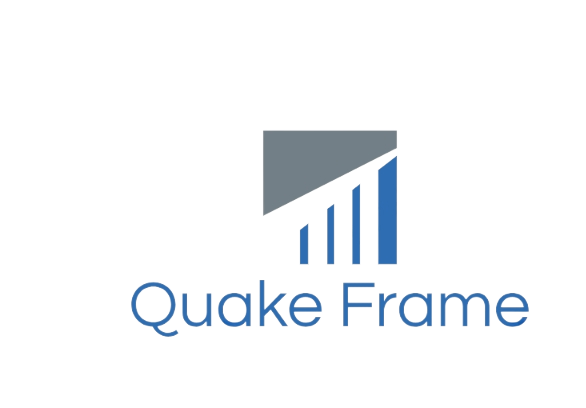Navigating the world of finances can often feel like a daunting task, but a significant component of managing one’s financial well-being revolves around understanding credit reporting companies. These entities play a pivotal role in shaping financial futures. Credit reporting organizations compile and maintain credit reports, which are crucial for anyone looking to borrow money or apply for credit. On the other hand, credit insurance providers offer policies to protect borrowers against the risk of defaulting on loans. Both are instrumental in safeguarding and enhancing financial health, making it imperative for individuals to familiarize themselves with their services.
This blog post will delve into the essential functions and impacts of credit reporting institutions, shedding light on their significance in personal financial management.
Credit Report Literacy
Credit reporting companies are gatekeepers of financial reputations, maintaining detailed profiles that influence lending decisions and interest rates. Understanding how to read and interpret your credit report from these companies is crucial for identifying areas of financial strength and addressing any weaknesses that could hinder access to credit or result in higher borrowing costs.
Vigilance Against Inaccuracies
Regularly monitoring reports from credit reporting organizations helps individuals detect identity theft or errors that can negatively affect their credit scores. Promptly addressing these issues by disputing inaccuracies ensures that financial records accurately reflect one’s creditworthiness and prevent potential setbacks when seeking loans or credit lines.
Credit Scores and Insurance Rates
Recognizing the interplay between credit scores and insurance premium rates offered by credit insurance providers is essential. These providers often use credit information to assess risk, making a strong credit history beneficial not only for loan approvals but also for securing favorable insurance terms and protecting against loan default risks.
Maximizing Financial Health Through Rights and Responsibilities
Engaging with credit reporting companies effectively, such as understanding rights under the Fair Credit Reporting Act, can vastly improve one’s financial health. Educating oneself on their procedures and taking steps to optimize credit profiles can open doors to better financial opportunities and partnerships with credit insurance providers.
Conclusion
In conclusion, the intricate relationship between credit reporting companies and credit insurance providers underlines the pivotal role of credit health in securing not only favorable loans but also protective insurance policies. A well-maintained credit report, scrutinized for accuracy and optimized for strengths, serves as a testament to financial reliability, influencing the terms under which credit and insurance are granted. Hence, a proactive approach towards understanding and engaging with credit reporting entities, coupled with a strategic utilization of credit insurance services, can significantly bolster one’s financial stability. By embracing these principles, individuals empower themselves to navigate the financial landscape more effectively, unlocking opportunities and safeguarding against uncertainties with informed confidence.

